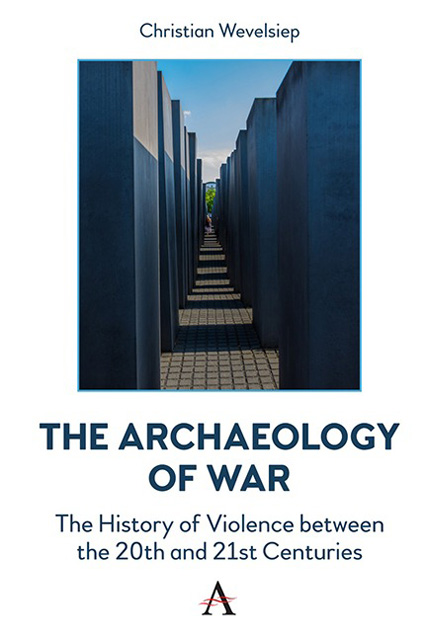Chapter Seven - The Frightening Love of War
Published online by Cambridge University Press: 17 October 2023
Summary
War again? The phenomenon that is as old as humanity and whose pathology has long been uncovered is once again at the centre, yesterday as today. Wars irritate the consciousness of a respective generation, and the necessity of writing about war leads back to antiquity. Even Thucydides, the chronicler of the Peloponnesian War, was shocked by the pathology of human destructiveness. War, in this view, ‘has always’ plunged people into an abyss ‘which is itself and in which no one awaits it, no god, no civitas either, to lead it home to peace’ (Metz, 2012, p. 45).
War needs to be rethought. As many concepts and theories about its existence are ready, many questions remain unanswered (Geis, 2006). But as soon as war breaks into everyday life as a reality and it can no longer be ignored, the questions become more urgent.
Two decades ago, a consensus of modernity was questioned in this context. If possible, so the criticised agreement read, war should be kept completely out of the present household. But, ‘those who no longer wage war […] wrote Herfried Münkler, for example, in view of the wars in the Balkans in 1999, ‘must also no longer think war’ (Münkler, 1999, p. 678).
The ambivalence remains unresolved to this day: war is considered unacceptable, an extreme evil. However, the refusal to think of it as a phenomenon and to outlaw it as a means of war leads to a moral dead end.
The accusation leads the present reflection into a broad field in which a loss of orientation threatens. For all the uncertainties in the field of geopolitics, which cannot be resolved here, a particular cognitive interest stands in the foreground. In which categories is war to be grasped as an object if one wants to understand it? What contribution can we expect from philosophy and hermeneutics if we place war at the centre of reflection – and always presuppose its necessary ostracism in social orders?
The interest is thus less aimed at a normative justification, but rather at a determination of a relationship with indeterminate consequences. One might assume that this task is associated with clear answers. In the simplest terms, war exposes the brute force of man, his bestiality and unreasonableness. The quest for power, booty, honour, territory and possession forms the basic pattern of the terrifying love of war (Hillman, 2005; Münkler, 2002).
- Type
- Chapter
- Information
- The Archaeology of WarThe History of Violence between the 20th and 21st Centuries, pp. 95 - 110Publisher: Anthem PressPrint publication year: 2023

